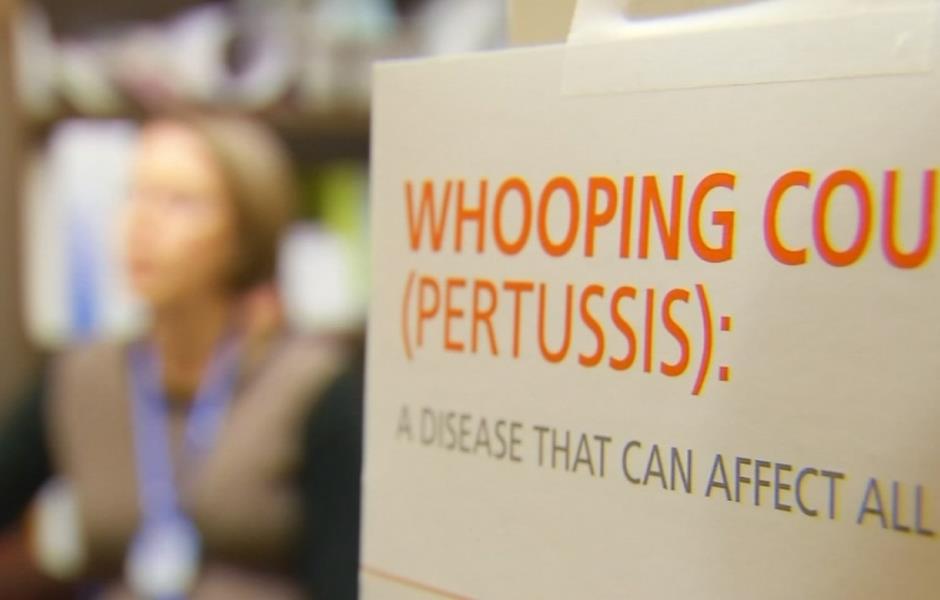Between 2000 and 2015, whooping cough caused an average of 143 hospitalizations per year, corresponding to three hospitalizations per week, and costing the state approximately 2.7 million euros in direct costs only. These are the findings of the first study on hospitalizations for whooping cough at national level.
Developed by a team of researchers from CINTESIS – Center for Health Technology and Services Research in collaboration with professors of the Faculty of Medicine of the University of Porto (FMUP), the work focused on the information collected in all public hospitals in continental Portugal, between 2000 and 2015. The anonymized data were provided by the Central Administration of the Portuguese Health System (ACSS in Portuguese), under a protocol of collaboration with the aforementioned research center.
The results show that, during the study period, 2,229 hospitalizations for whooping cough occurred in Portuguese public hospitals. 94% of these hospitalizations were of infants under one year of age, especially babies less than two months old (an age when vaccination for whooping cough has not been started yet). The follow-up covered children and teenagers from 1 to 17 years of age, who represented 3.5% of the hospitalizations; and then, adults and elderly.
The research team concluded that outbreaks have been reported every 3 to 5 years, with a higher peak in 2012. “Interestingly, there were more hospitalizations of infants under 1 year of age during the winter, while in other age groups hospitalizations occurred more frequently in the summer. In addition, Algarve was the region with the highest rate of hospitalizations, “possibly due to the greater agglomeration of individuals from different age groups and the greater inflow of foreigners,” explained Manuel Gonçalves Pinho, a researcher of CINTESIS.
Sara Oliveira, one of the authors of this study, points out that hospitalizations for whooping cough represent “only the tip of the iceberg” and that this disease continues today to reach not only the pediatric population but also adults and elderly. Although the National Vaccination Program includes immunization against whooping cough since 1965 and even though the rate of vaccination coverage is high, it is important to understand that “the disease has not been eradicated and that we should be very suspicious of prolonged cough, to avoid a late diagnosis, the spread of the disease and consequent complications.”
Whooping cough is a highly contagious disease that, at an early stage, has symptoms similar to those of most upper respiratory tract infections, but progresses to a paroxysmal cough (with severe seizures) and involves several weeks of convalescence. If it is not treated early, it can lead to serious respiratory and neurological complications, especially in unvaccinated children, says Inês Azevedo, a pediatrician at the Hospital Center of São João. This is a reason of concern for the Directorate-General for Health, which since 2017 has implemented vaccination of all pregnant women with 20 to 36 weeks of pregnancy in order to protect newborns and infants.
The hospitalizations had direct average costs of 1,184 euros per hospitalization. The cost was eight times higher for adults, when compared to the global median value obtained in this study. The costs for children under one year were 1.4 million euros.
Besides to Manuel Gonçalves Pinho, Sara Oliveira and Inês Azevedo, also Alberto Freitas and Hercília Guimarães collaborated in this study.

